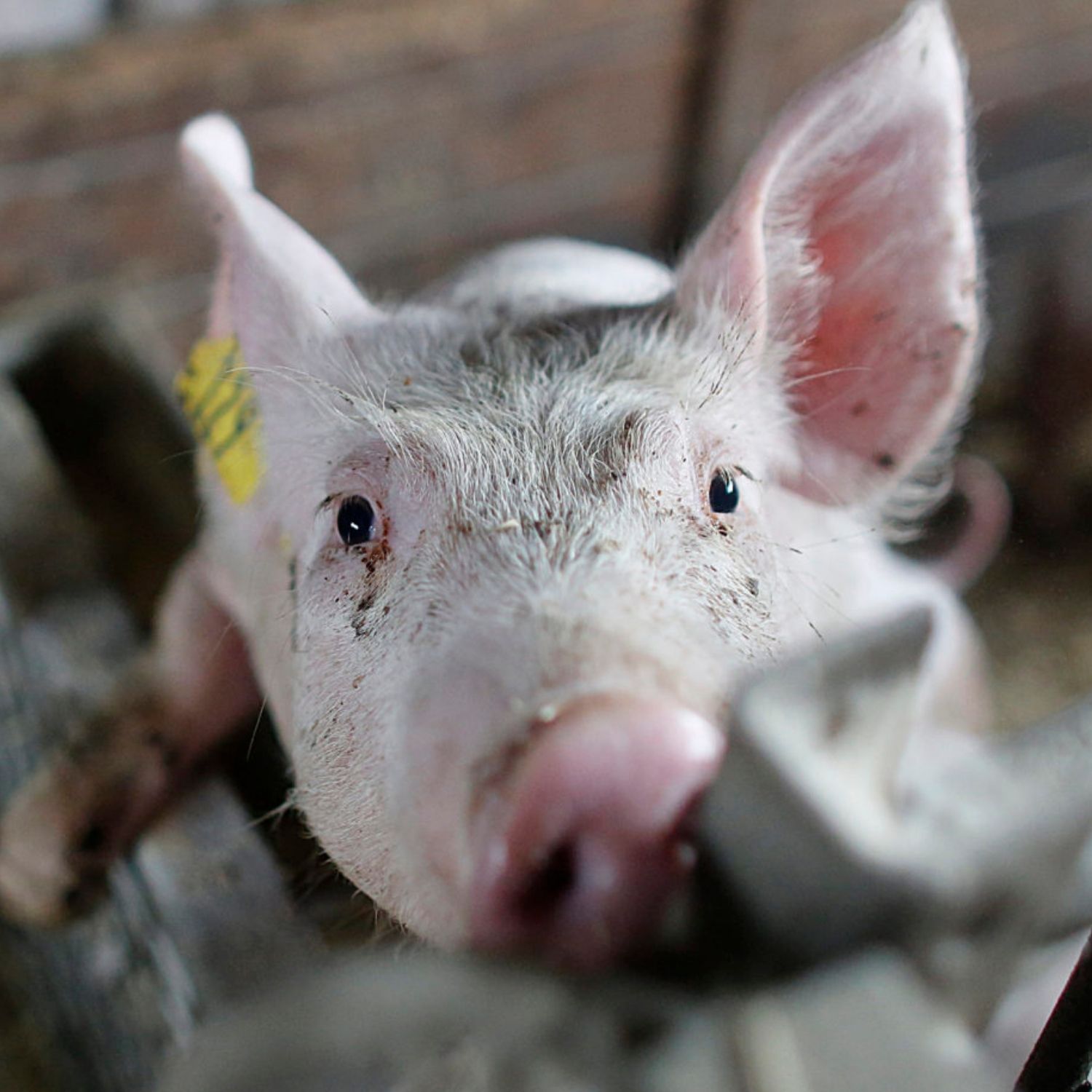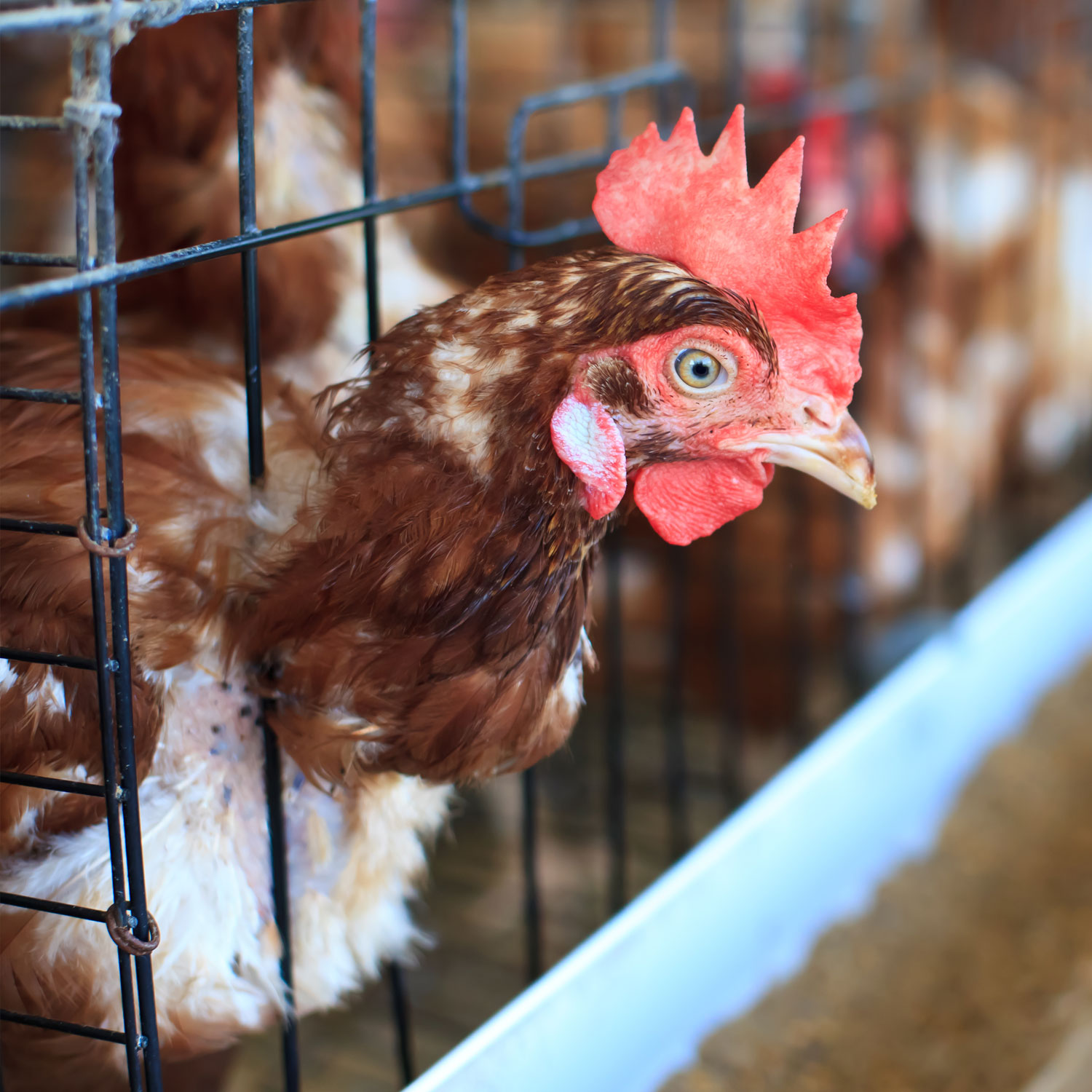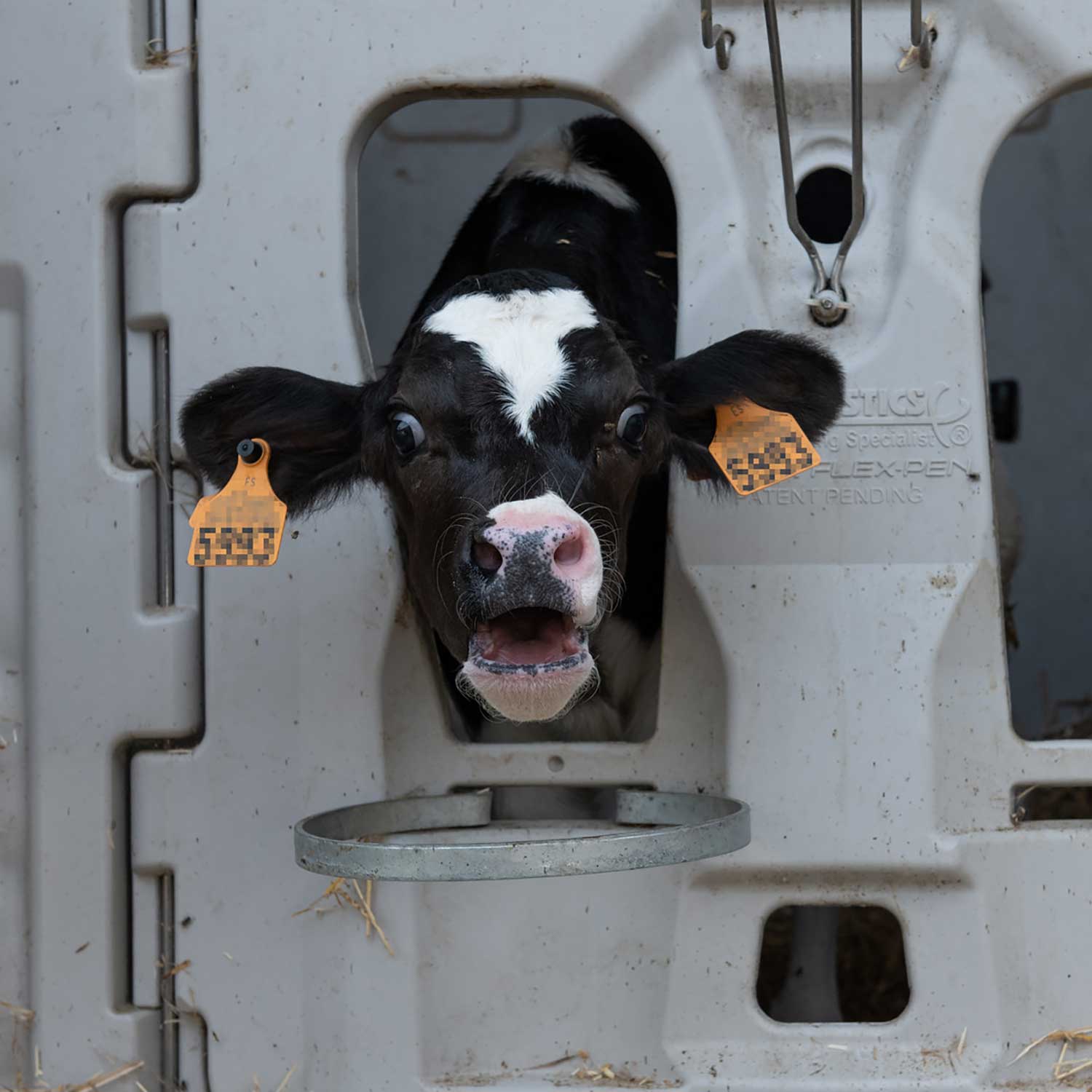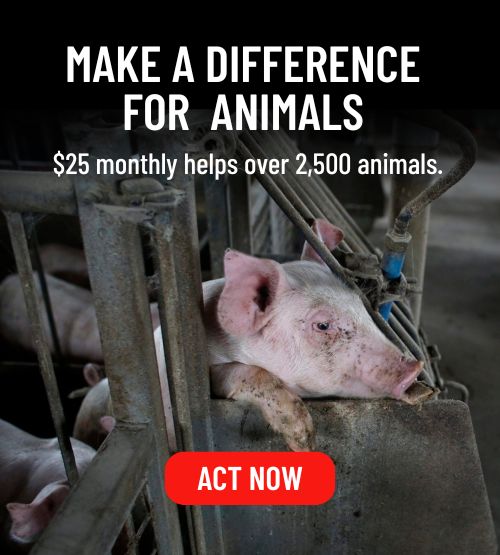Puebla, Mexico to Outlaw Unregulated Slaughter of Animals
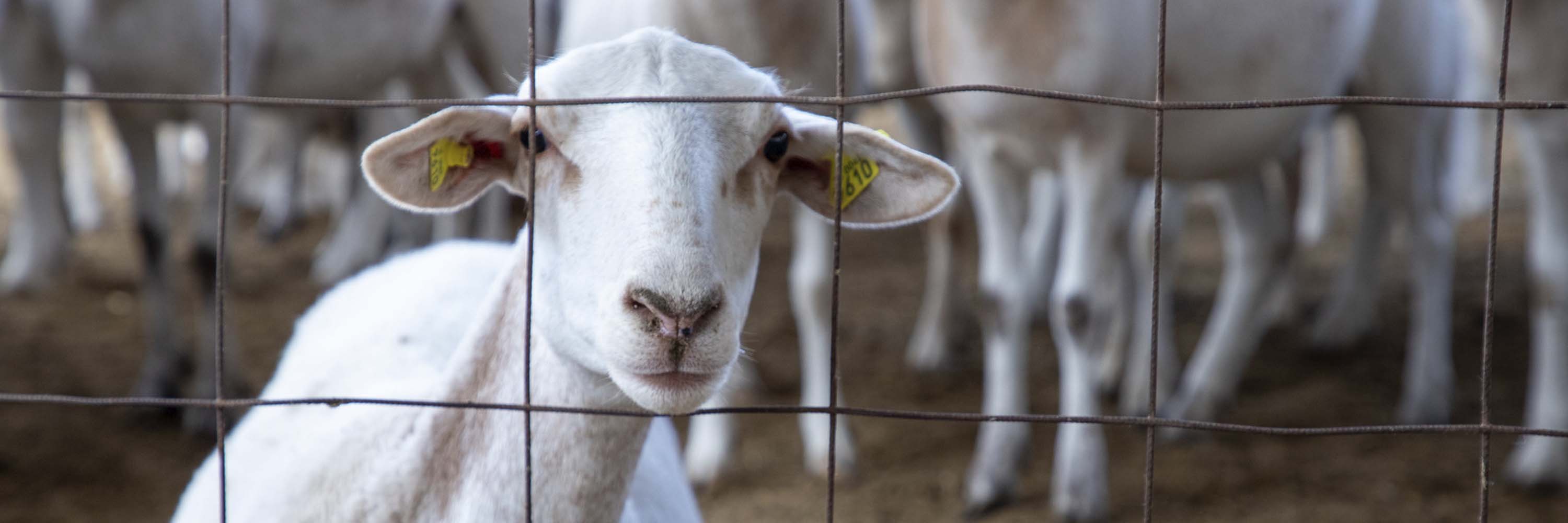
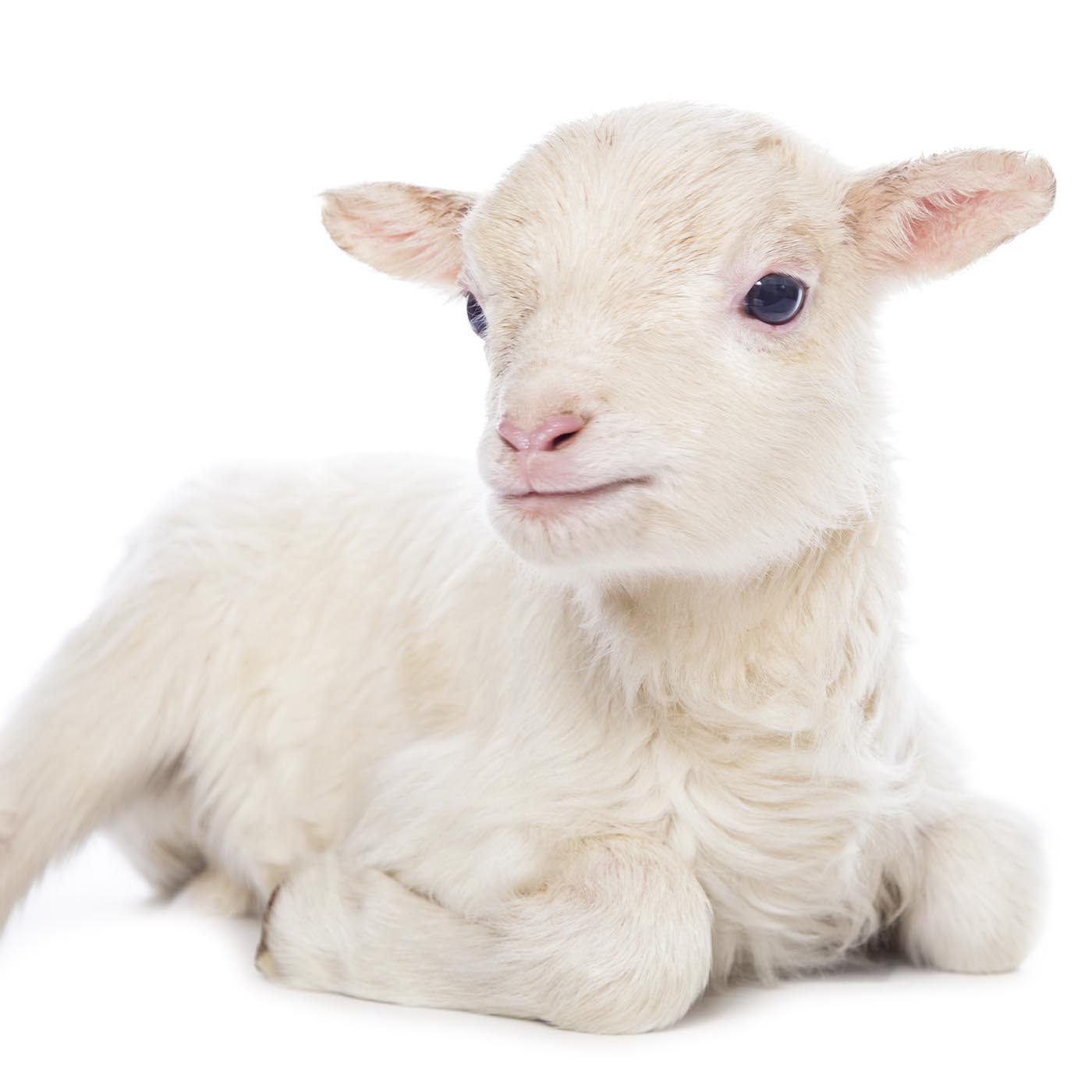
In a historic move for animal protection, Puebla, Mexico voted to pass a law that will criminalize unregulated slaughterhouses (also known as “backyard” or “underground” slaughterhouses) and slaughter at live animal markets. The new law will also make it illegal for land animals in the state to be slaughtered without being stunned prior.
Under the new law, which was passed after Animal Equality Mexico participated in talks with various agencies of the Government of Puebla, any unregulated slaughter operations will be shut down and anyone caught slaughtering an animal without prior stunning could face one to four years in prison and a fine.
Following Jalisco, Puebla slaughters the most animals in Mexico and approximately 70 to 80 percent of the meat comes from unregulated slaughterhouses. This reform will impact countless animals and is the second initiative of this type, after a similar ban was put in place in Jalisco in 2019.
THE PROBLEM WITH UNREGULATED SLAUGHTER
PUBLIC HEALTH: Meat from underground slaughterhouses isn’t inspected to check for the presence of prohibited substances, such as growth hormones that affect animal and human health.
ANIMAL CRUELTY: Mexican law requiring animals to be rendered unconscious prior to slaughter is typically ignored in underground slaughterhouses, as they don’t have the necessary infrastructure or tools to properly stun the animals. As a result, animals killed in underground slaughterhouses or live animal markets often suffer excruciating deaths.
ENVIRONMENTAL DAMAGE: Underground slaughterhouses often cause environmental contamination of surrounding areas due to poor waste management.
DANGER TO WORKERS: There is no protection for workers in unregulated slaughterhouses, and in several of them, Animal Equality Mexico documented children handling and slaughtering animals. These places also put workers at risk due to the lack of proper management of hazardous waste such as blood, which is deposited directly in the sewer or covered with sand and dumped directly on the ground.
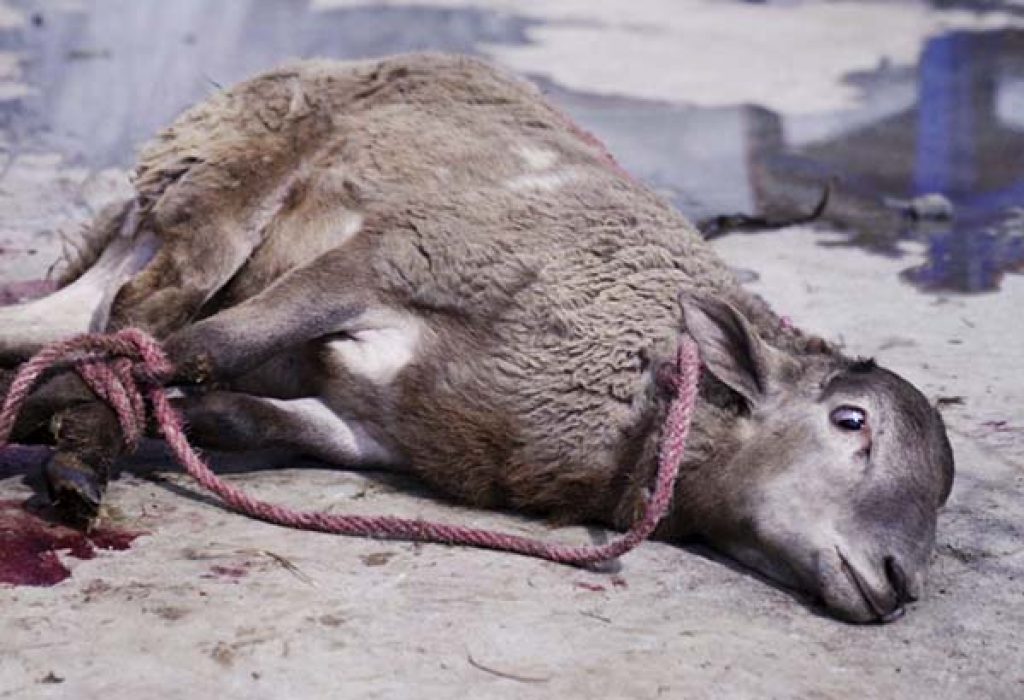
WHAT YOU CAN DO: The best thing you can do to help prevent cruelty to animals is to simply avoid consuming their meat, eggs, or milk. Even in slaughterhouses that are regulated and deemed “humane,” animals experience terrifying trips to the slaughterhouse and are often improperly stunned and suffer due to the extremely fast pace of slaughter operation lines in the United States. No animal wants to be killed for a meal.

